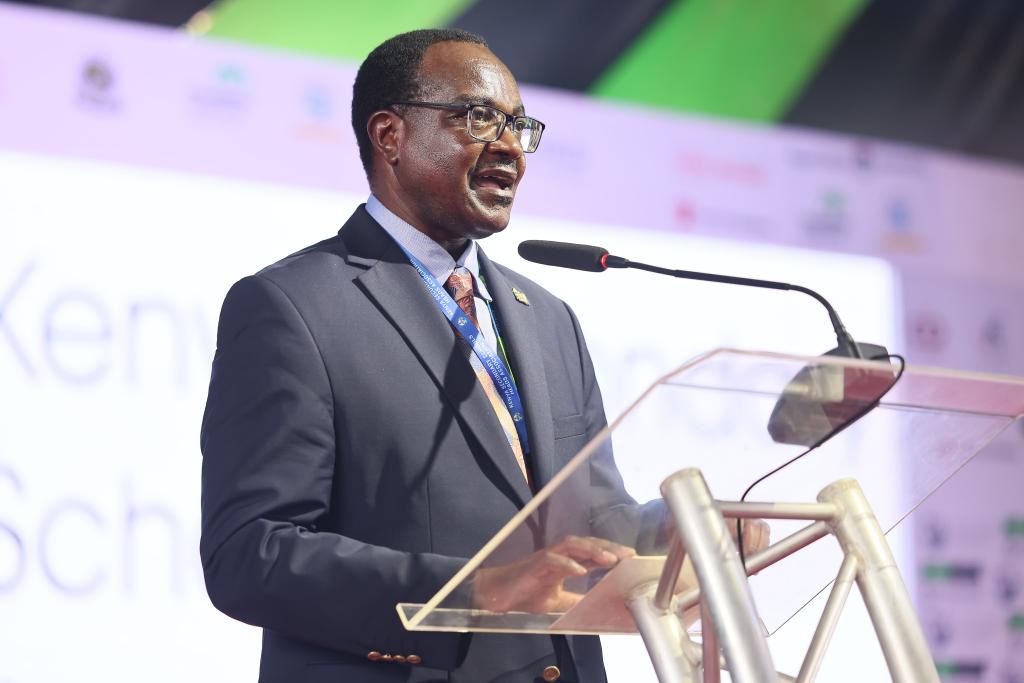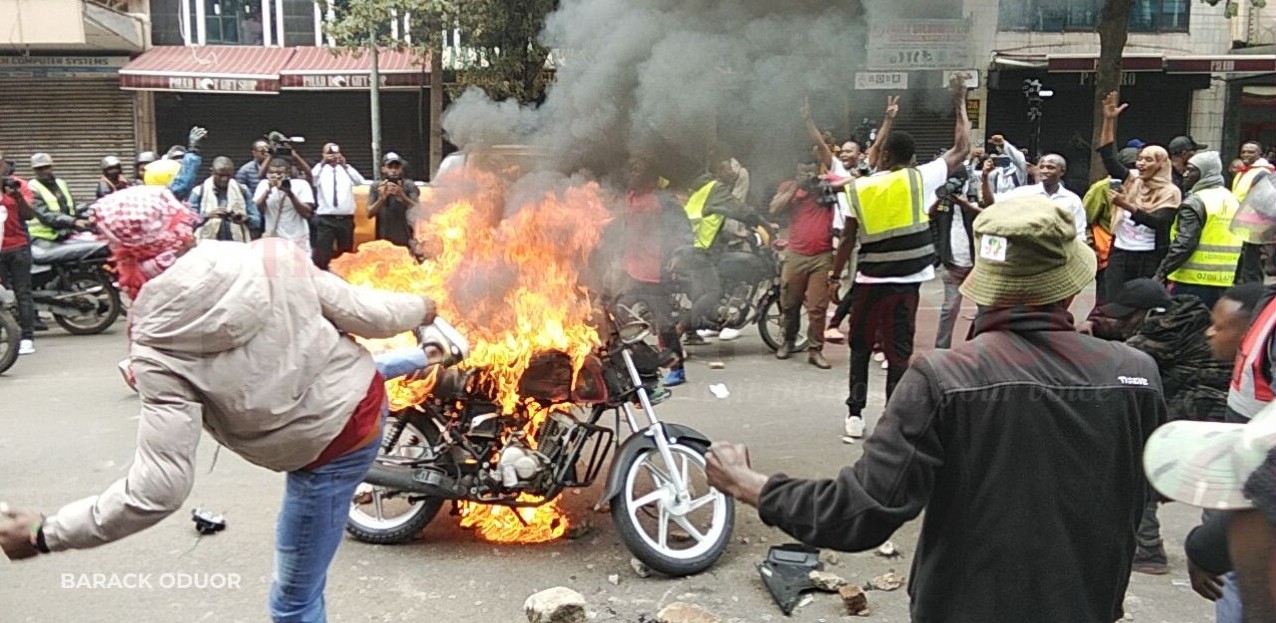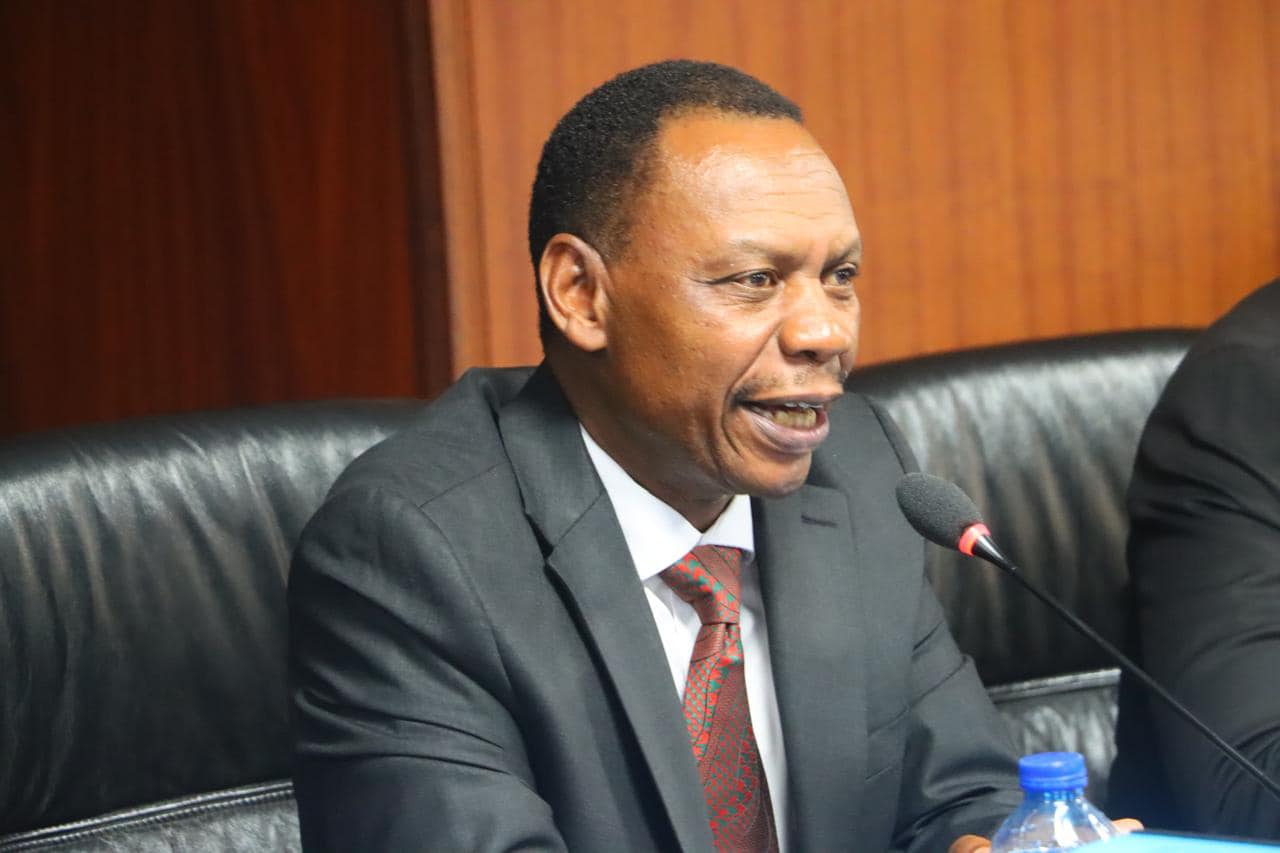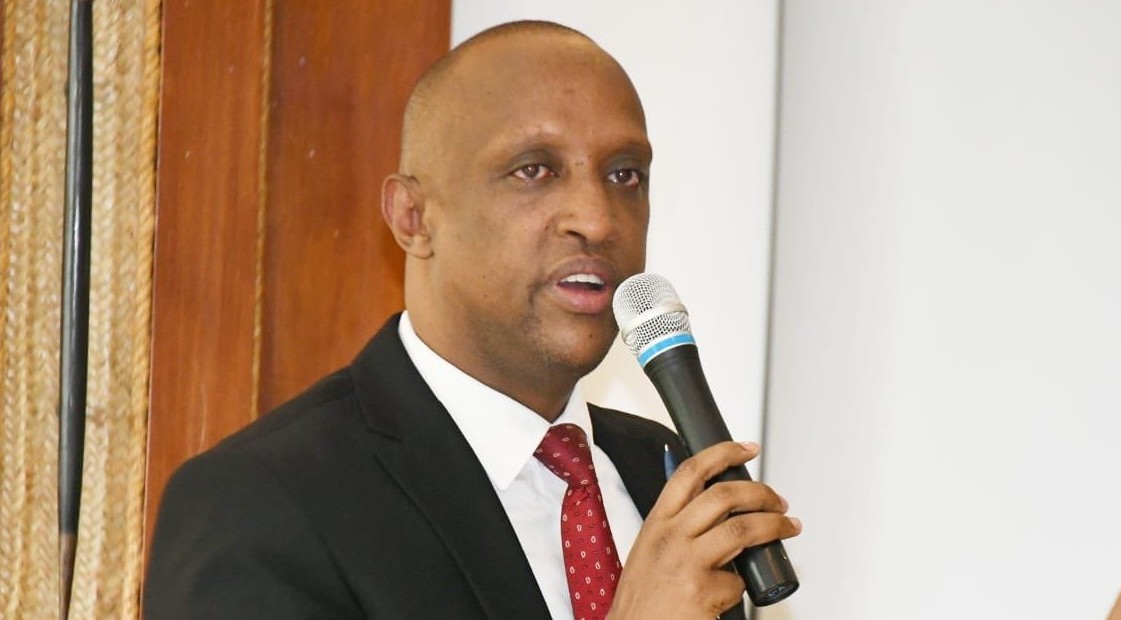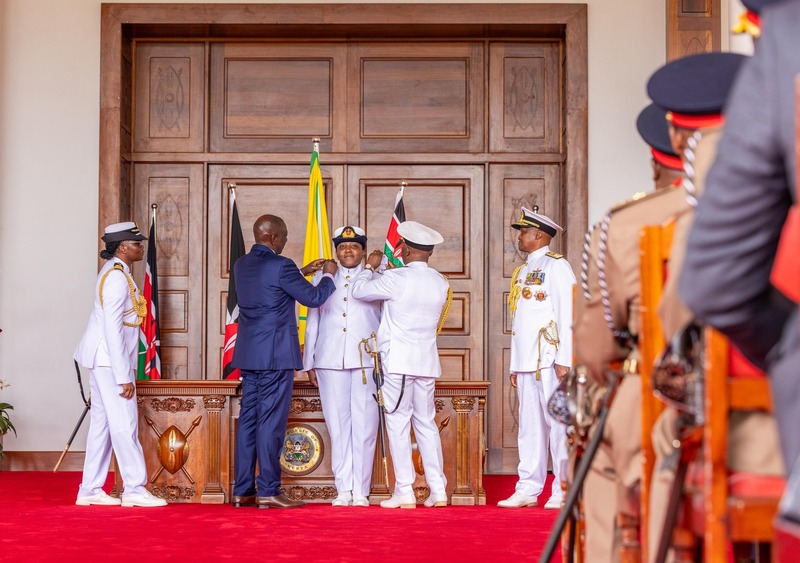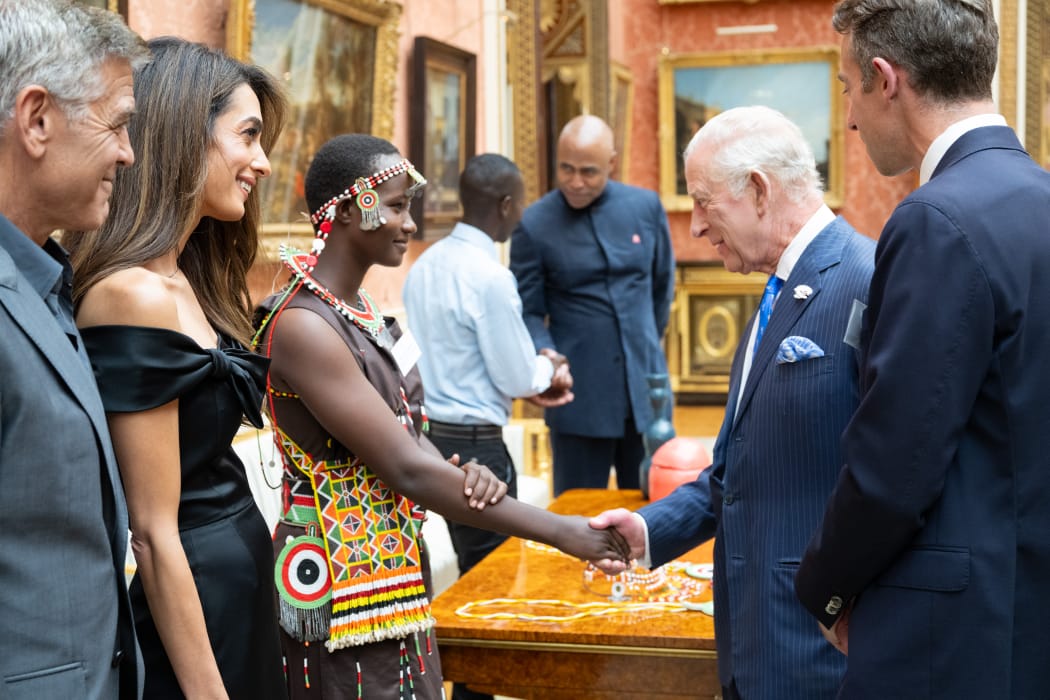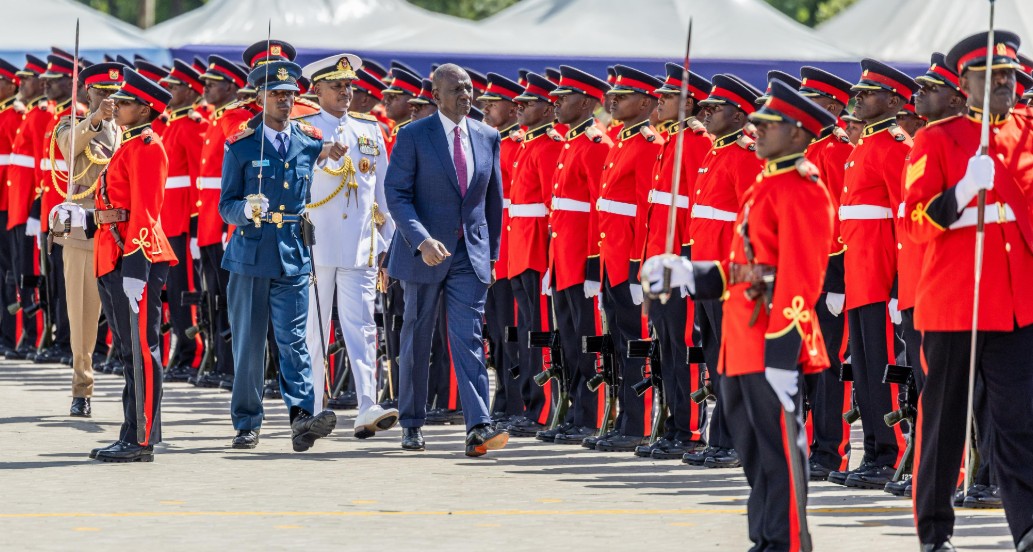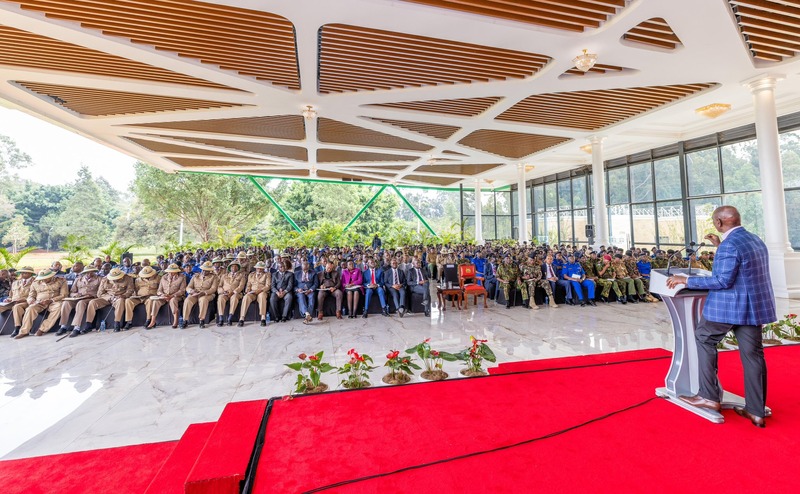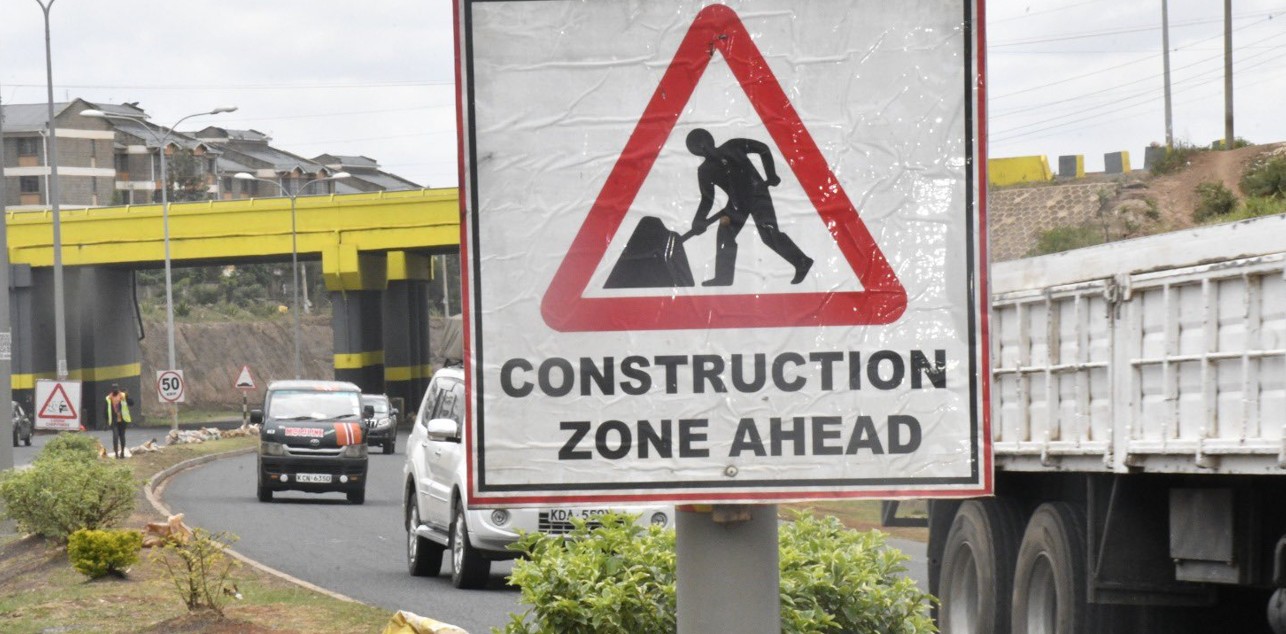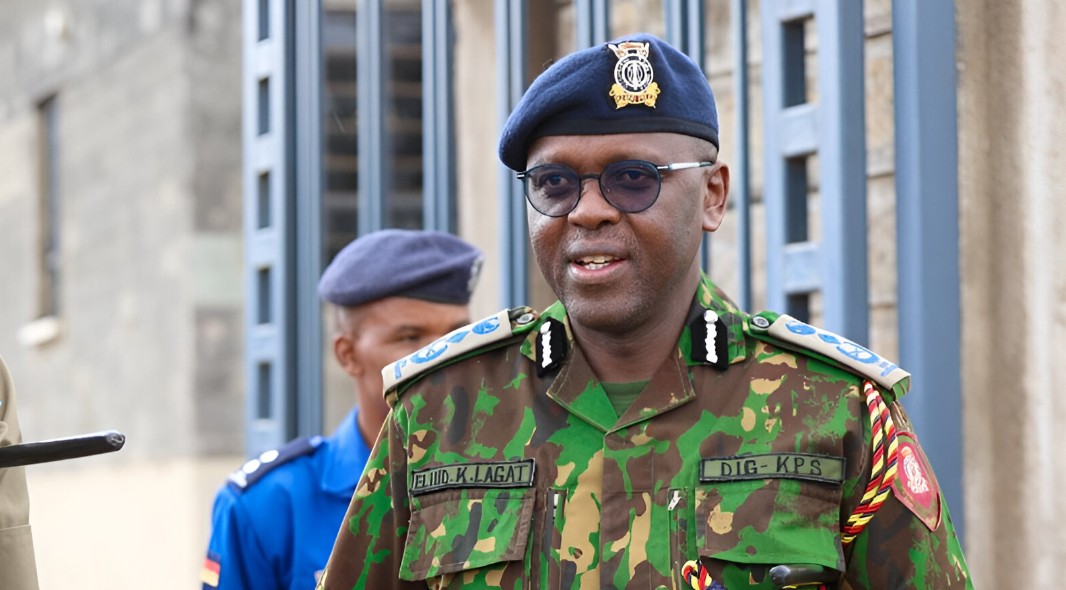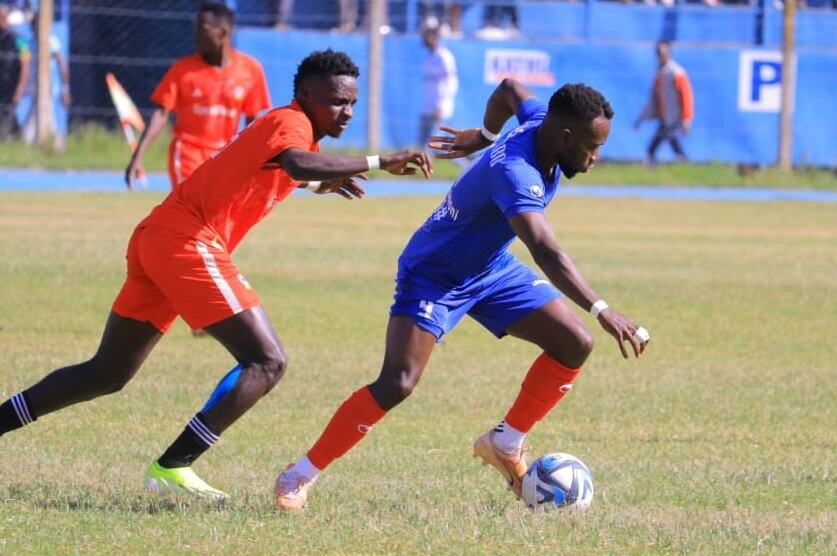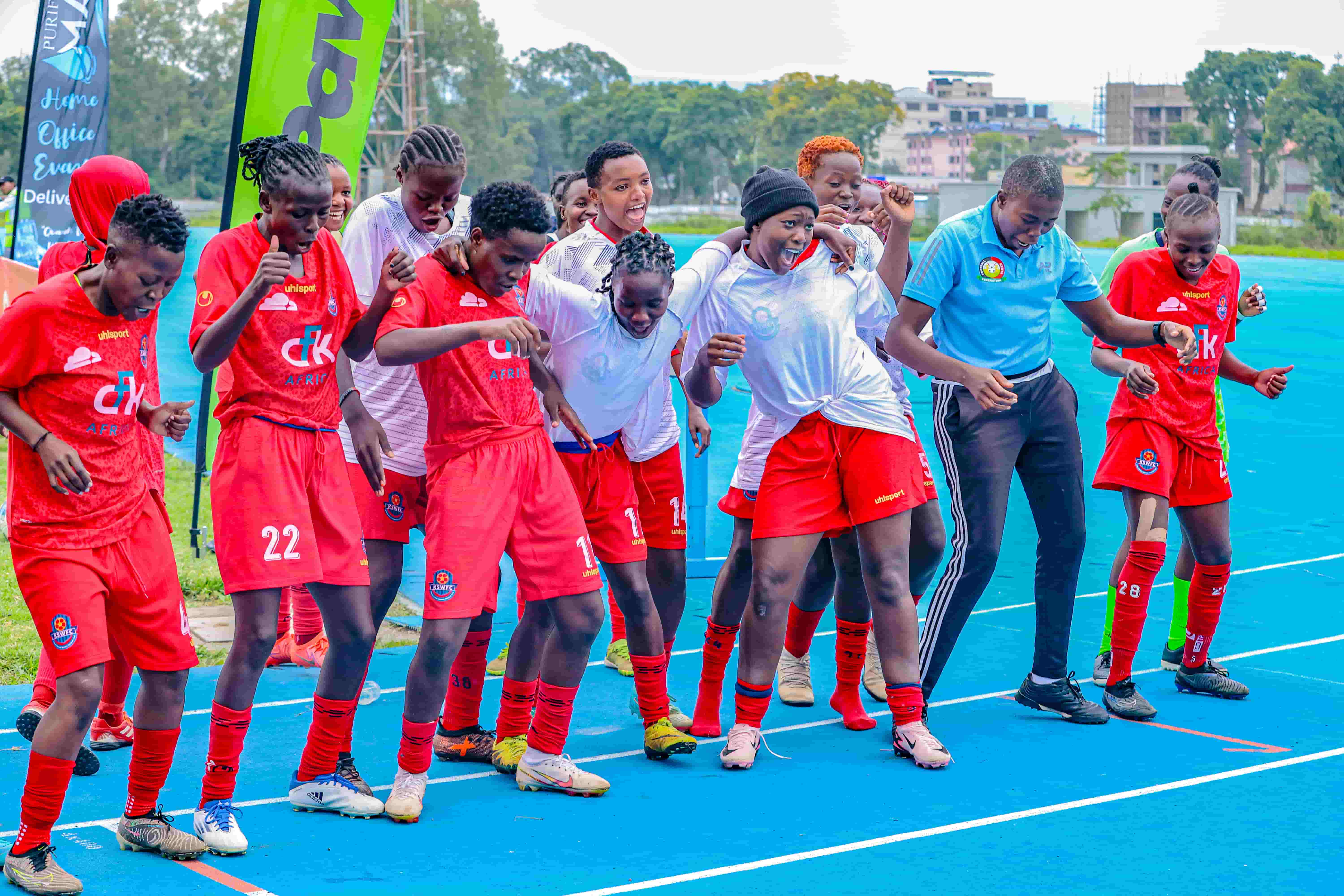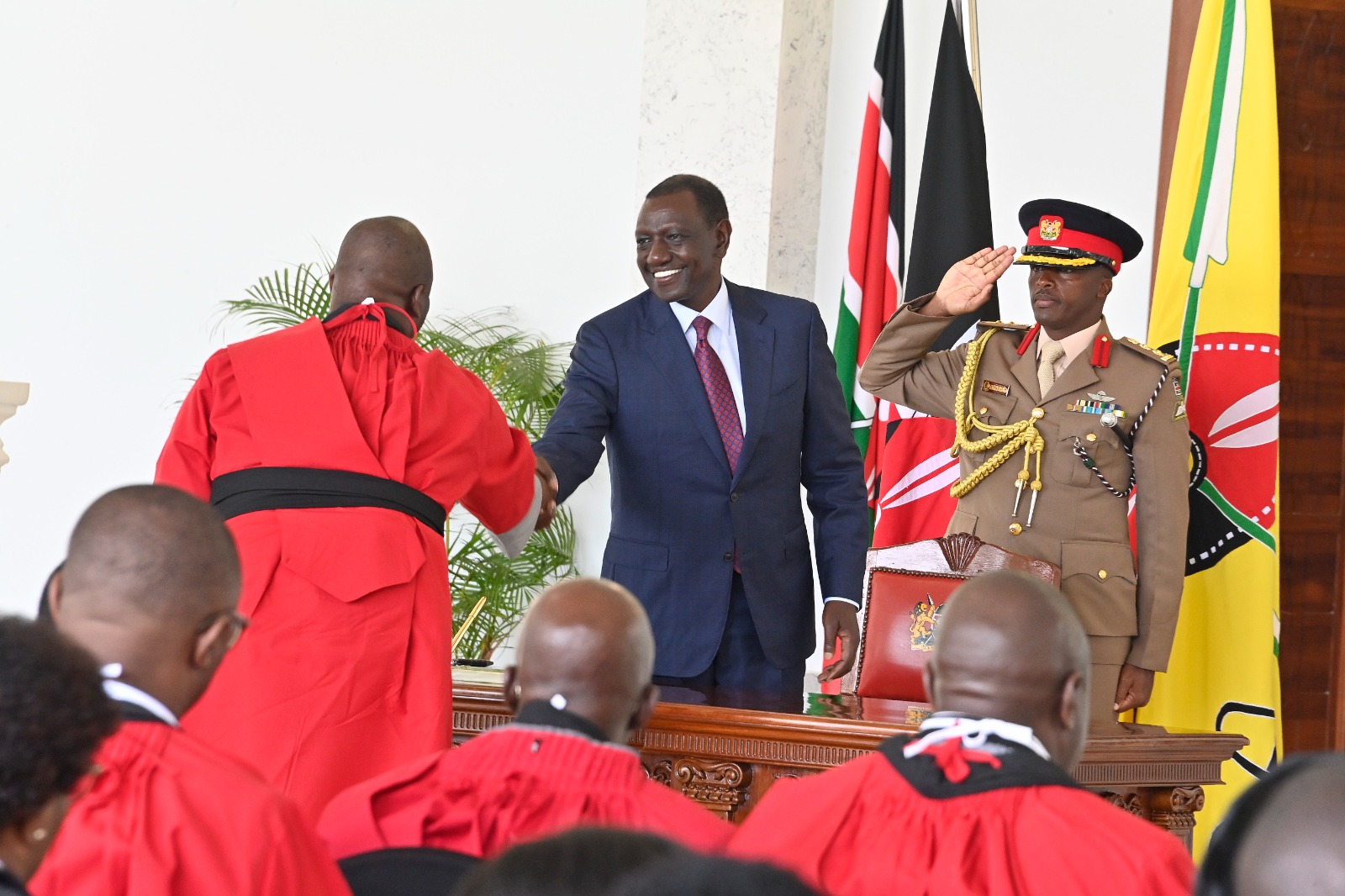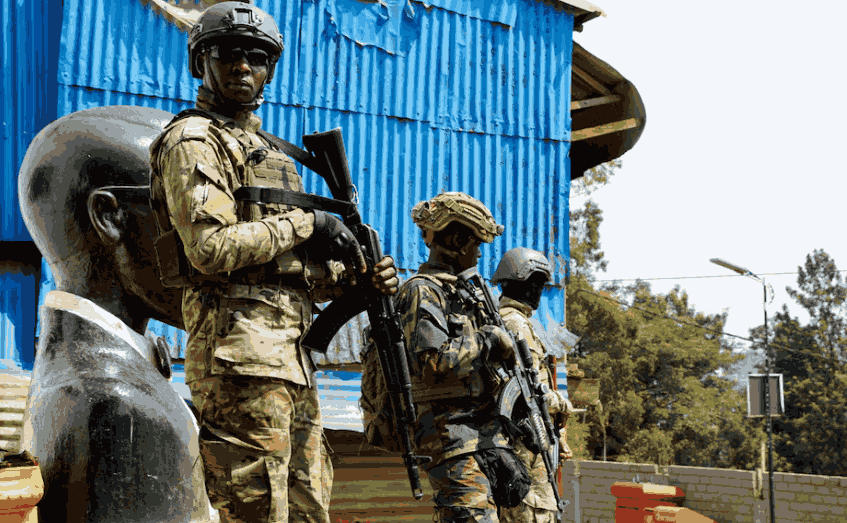Kenya urges UN Security Council to fast-track support office for Haiti Security Mission
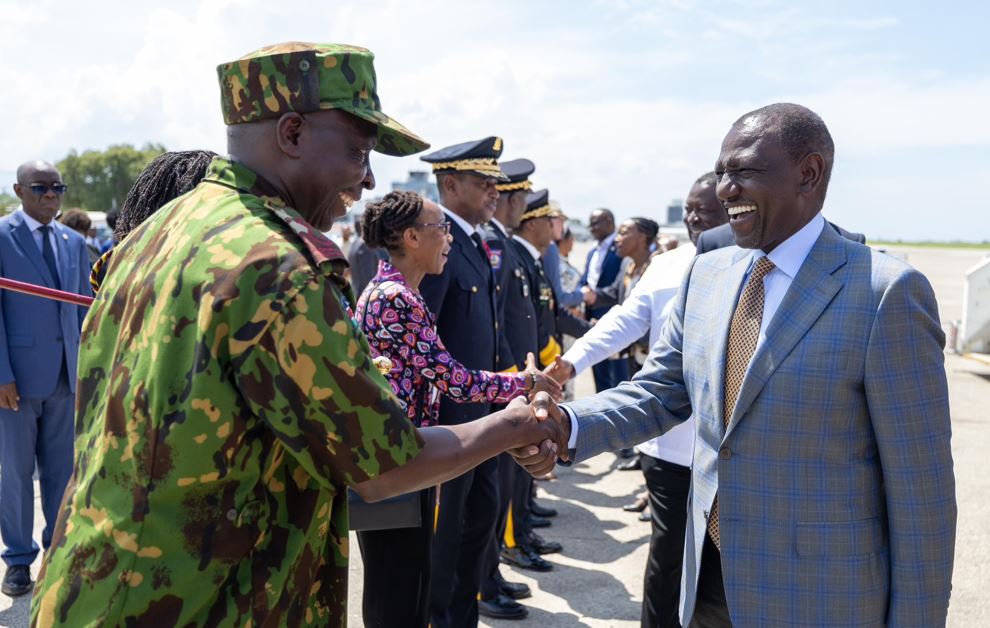
The UN Support Office is part of the recommendations made by Secretary General Antonio Guterres earlier this year, aimed at keeping the mission running by catering to the mission's accommodation, medical needs, mobility, and information technology.
Kenya has requested the United Nations Security Council (UNSC) to expedite the establishment of a UN support Office in Haiti that provides logistical and operational support to the Multinational Security Support (MSS) Mission.
The UN Support Office is part of the recommendations made by Secretary General Antonio Guterres earlier this year, aimed at keeping the mission running by catering to the mission's accommodation, medical needs, mobility, and information technology.
More To Read
- ‘Tell us if he’s alive’: Family of missing Kenyan officer in Haiti sues government over silence
- Haiti turns to mercenaries as Kenyan-led mission wanes
- Kenya, Dominican Republic seal pact to boost Haiti Mission support
- State moves to sign pacts on medical evacuation, territorial access for Kenyan police officers in Haiti
- Where is Benedict Kabiru? Family of missing police officer in Haiti demands answers 37 days later
- Cabinet okays establishment of Kenyan consulate in Haiti
The recommendations are set to be discussed in a closed meeting on Monday.
Kenya supports the establishment of a UN Support Office in Haiti, but is worried that the Council's delay in deliberating on the Secretary-General's proposals, with the looming expiration of the Council's authorisation of the MSS mission, which ends on 2 October, places the mission at dire situation that might force it to review its engagements in Haiti.
"It described several factors that are generating uncertainties regarding the future of the MSS mission, such as the underfunding of the UN-administered trust fund for the mission, and the fact that current contracts for the mission's Life Support Area (LSA), which are funded by the US, will expire on September 30. (The LSA is a training area and support hub for MSS personnel.) Suggesting the possibility of Kenya's future disengagement, the letter noted that, due to these uncertainties, Kenya feels "duty bound to review" its engagement in Haiti and "take the necessary decisions," a UNSC brief states.
Kenya's troops in Haiti currently number 991 and amount to 39.6 per cent of the 2,500 originally planned force that remains underequipped and without adequate operational capacity to effectively carry out its tasks, including the establishment of forward operating bases, which are critical to the mission's success
In his letter to the UNSC, Mr Guterres said that the proposed transformation of the MSS mission into a peacekeeping operation was "not a feasible option," hence the recommendation to establish a UN support office whose costs would be covered by assessed contributions from the UN's peacekeeping budget while scaled-up voluntary contributions from UN member states would cover other forms of support for the MSS mission that the UN cannot provide, such as stipends, military-grade capabilities, and lethal equipment.
The Secretary General's letter was delivered to the council in February, but has yet to be discussed. It was issued following a request made by the Security Council in November last year that sought recommendations on the full range of options for UN support for Haiti.
The Council requested after failing to agree on a draft resolution proposed by the US and then-Council member Ecuador, the Council's co-penholders on Haiti at the time, that would have directed the Secretary General to initiate plans to transform the Kenya-led Multinational Security Support (MSS) mission into a UN peacekeeping operation.
The draft resolution was ultimately abandoned following opposition from China and Russia, which cited the difficult history of past UN peacekeeping operations in Haiti, among other reservations.
The US has maintained that it's committed to supporting Haiti, but is no longer willing to take on a heavy financial burden.
It has urged instead that members of the Organisation of American States (OAS) assume a more prominent role in responding to the security crisis in Haiti, amongst them, a proposal to provide a mission "to deal with the issue of Haiti".
Meanwhile, Haiti remains gripped by a complex crisis as armed violence continues with the Secretary-General's report, circulated to Council members on June 26 covering the developments from April 15until June 20, noting that armed gangs have tightened their grip around the areas of the capital, Port-au-Prince, thus increasing their capacity to carry out attacks in the Central and Artibonite departments.
It also noted that the violence has increased levels of internal displacement and acute food insecurity and that an increase in levels of sexual violence committed by gangs during the reporting period, the dire impact of the violence on children with some, as young as eight years old comprising 30 to 50 percent of the gangs' ranks.
Top Stories Today
